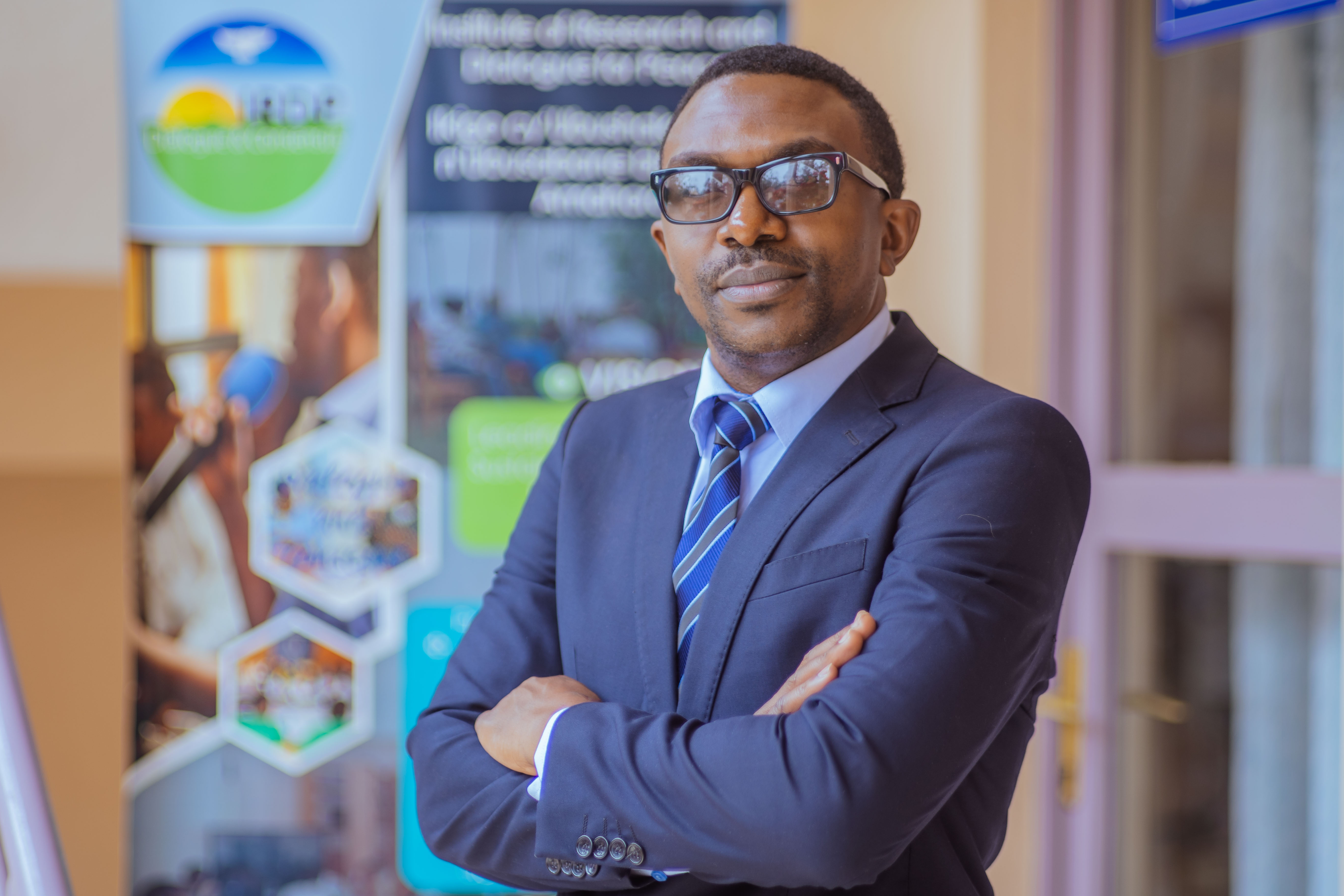
Academic rank:
Academic Leadership Position:
Associate Professor
Email:
s.nzahabwanayo@ur.ac.rw
Telephone:
+250788548057
College:
School/centre:
Department:
Published Papers :
Brief profile:
Prof. Nzahabwanayo is an Associate Professor in Philosophy of Education at the University of Rwanda, College of Education (UR-CE). He holds a Post-doctoral Certificate in Curriculum Studies obtained at the University of Johannesburg (UJ) in 2018. Also, he has a PhD in Philosophy of Education completed at the University of the Witwatersrand (South Africa) in 2016. His research interest is about citizenship and peace education in conflict-affected communities. Prof. Nzahabwanayo has a wealth of experience in consultancy and in working with people with different cultural backgrounds. He served as a consultant for the University of Manchester (UK), University of Leeds (UK), University of Lincoln (UK), Oxford Policy Management (UK), University of Laval (Canada), and The African Institute for Development Policy (AFIDEP). He is committed to the values of teamwork, timely communication, creativity, hard work, and being results-oriented.
Besides, Prof. Sylvestre Nzahabwanayo is the Director of the Institute of Research and Dialogue for Peace (IRDP) in Rwanda. The latter is a Non-Governmental Organization created in 2001 and officially registered with Rwanda Governance Board (RGB) to contribute to good governance, citizen participation and peacebuilding in Rwanda after the 1994 Genocide against the Tutsi. Its vision is to be a national, regional, and world class Research Institute (think-tank) and peace-building organisation striving for lasting peace as a cornerstone for sustainable development. Three broad areas inform the work of IRDP: (i) Good governance, citizen participation, and social protection; (ii) Peacebuilding, peace education and social cohesion; and (iii) Social and economic development. As IRDP Director, Prof. Nzahabwanayo ensures the overall management of the institute including leading ongoing research projects, mobilizing funds, writing grants proposals, securing partnerships, and working with national, regional and international universities. At IRDP research findings are converted into policy briefs for evidence-based advocacy. Prof. Nzahabwanayo is also member of the decentralization working group within the Ministry of Local Administration in Rwanda (MINALOC).
Research Area:
Philosophy of Education: governance, citizenship and peace education
Research ID number (ORCID):https://orcid.org/0000-0003-3169-3498
